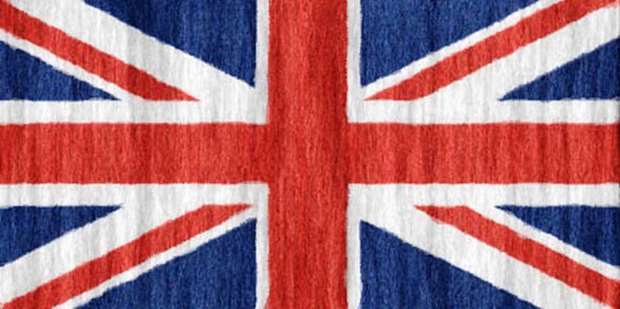Theresa May could face a Cabinet revolt on a customs union as peers prepare to inflict more defeats on the government over the EU withdrawal bill in a key week for the future of the UK’s relations with Europe.
Amid Brexiter threats of a leadership challenge, the former Cabinet minister Nicky Morgan who chairs the Treasury committee, told the challengers to be careful what they wished for.
“This sabre-rattling is not coming from the section of the party that I represent. It is coming from the pro-Brexit section of the party and is deeply unhelpful,” she said.
Although it has not been officially confirmed, there are well-founded reports that government ambitions to avoid a hard border in Ireland either through technological innovation or regulatory alignment have been rejected in preliminary negotiations in Brussels.
That has led to speculation that May is preparing to concede on a customs union, which has been a red line since the prime minister’s conference speech in October 2016.
Reports over the weekend suggested a “wargaming” exercise into the consequences of a concession showed that not even leading Brexiters such as Michael Gove, the environment secretary, or Boris Johnson, the foreign secretary, would resign.
But yesterday a source close to Gove reiterated the environment secretary’s opposition. “Michael believes respecting the referendum result means taking back control of trade policy. He fully supports the prime minister’s position that this means leaving the customs union.”
Treasury select committee chair Nicky Morgan said hysteria and leadership speculation is not in Britain’s interest.
Although the loss of other pledges in negotiations have been reluctantly accepted, such as the promise to reclaim control over fishing quotas from March 2019, accepting continued membership of a customs union would be of a different and much larger scale.
Downing Street sources also dismissed the idea. “The position remains very clear: we don’t think staying in a customs union is the right thing to do and it isn’t government policy to do so,” a spokesperson said.
Any customs union makes it effectively impossible to negotiate free trade deals with other countries – one of the government’s key ambitions and a central justification for leaving the EU.
But a meaningful vote on remaining in the customs union is likely in the next few months. At least 10 Tory backbenchers have signed an amendment to the trade and customs bill supporting continued membership.
Morgan is one of the 12 select committee chairs who are backing a potentially difficult debate in the Commons on Thursday on customs union membership. She said it would be an opportunity for a calm debate about the reality of leaving the customs union based on the evidence that select committees were hearing as they investigated its potential impact.
“If every time we debate these issues or pass an amendment all we end up with is this hysteria and leadership speculation, that is not in Britain’s interest,” she said.
“The majority of the party would not entertain a leadership contest at the moment and those who want to ... should think very carefully if they really want to intervene in the negotiations in the way a leadership contest would.”
Meanwhile in the Lords, the government is braced for more defeats as peers begin a second week of votes on the EU withdrawal bill today. Last week, 24 Tory peers backed the customs union amendment.
The most difficult vote today is likely to be on the EU charter of fundamental rights. The government nearly lost a vote in the Commons on a similar amendment, which seeks to incorporate the charter into the legislation. It is one of the few major aspects of EU law that has been left out.
The government argues that the rights it protects are already protected by UK law. But they also say that it provides more protection than it is needed. Campaigners fear that means the government will seek to dilute them.

GULF TIMES
